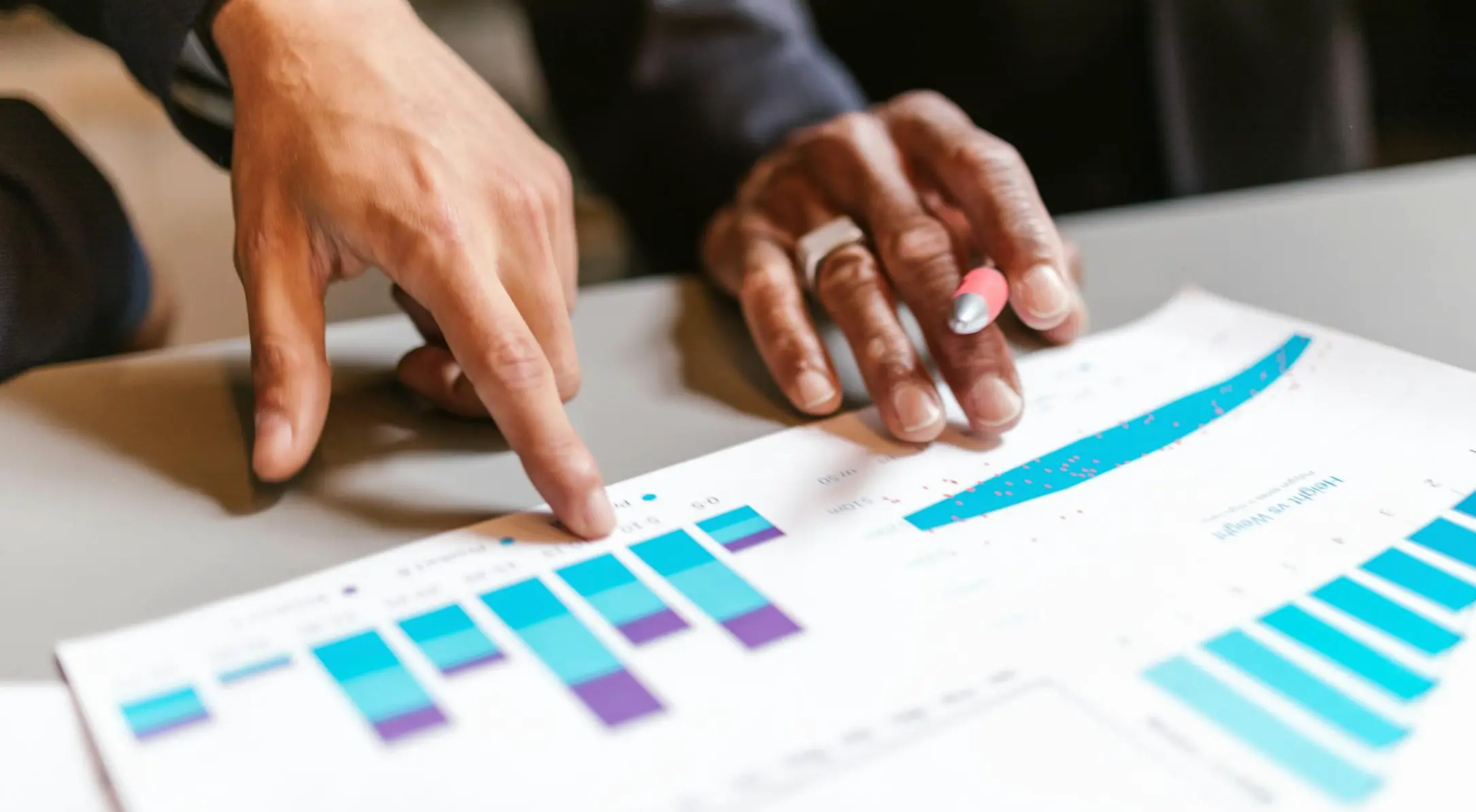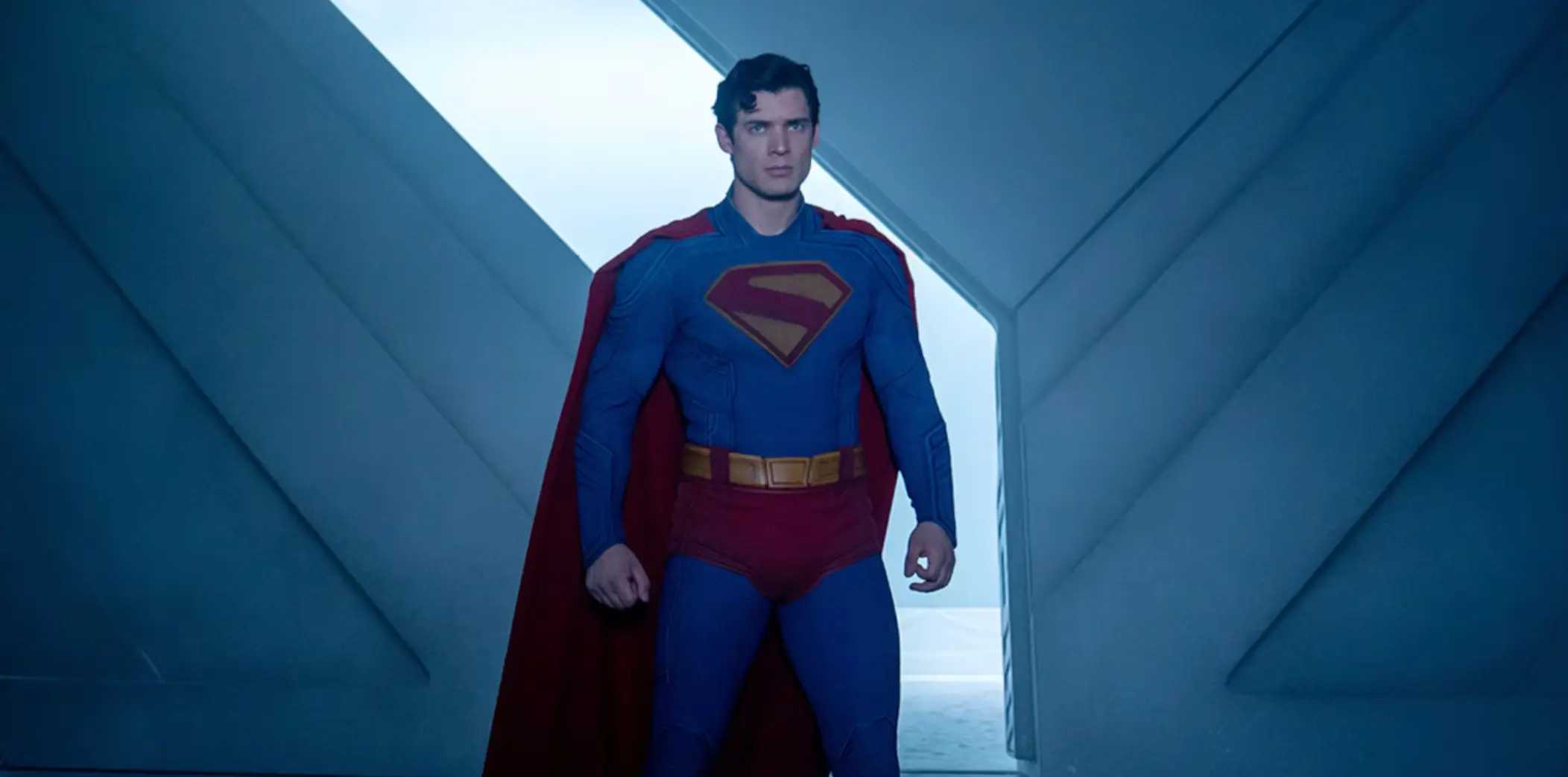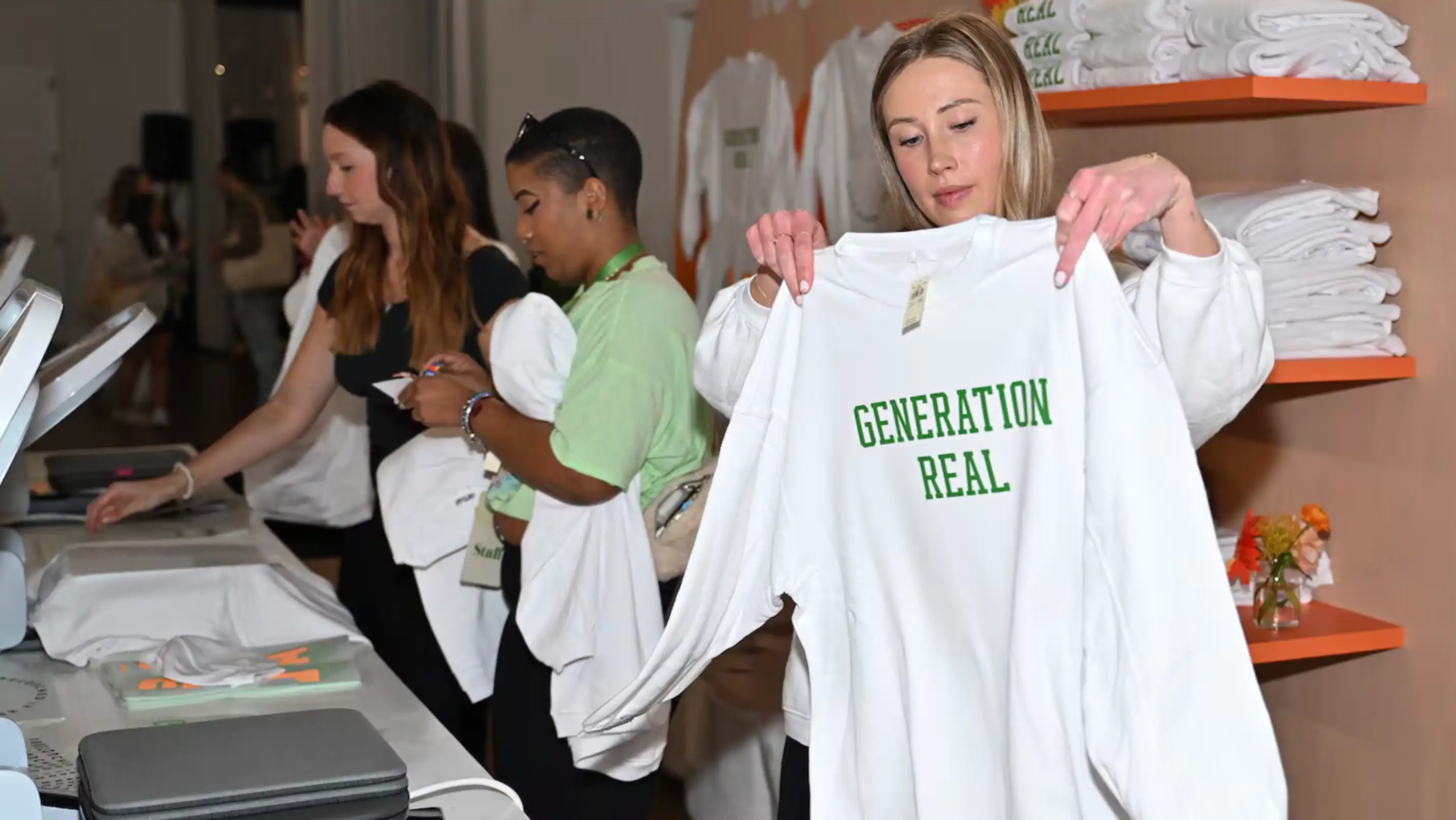What Caused The Apple Watch Ban And How It's Resuming Sales
Updated on
Published on

Apple faced a tumultuous period recently when the U.S. International Trade Commission (ITC) imposed a ban on the import and sale of certain Apple Watch models. This ban, affecting the Apple Watch Series 9 and Watch Ultra 2, emerged from a complex legal battle with California-based health tech companies Masimo and Cercacor Laboratories. However, a federal appeals court has temporarily lifted the ban, allowing Apple to resume sales of its newest smartwatches in the United States. This article explores the details of the Apple Watch ban, the reasons behind it, and the recent developments leading to the temporary resumption of sales.

The Apple Watch ban can be traced back to a patent dispute involving two California health tech companies, Masimo and Cercacor Laboratories. In January 2020, Masimo initiated legal proceedings, accusing Apple of promising a partnership and later allegedly stealing trade secrets and hiring key employees. This set the stage for a protracted legal battle that would unfold over the next few years. In September 2020, Apple introduced the Watch Series 6, boasting a new blood-oxygen monitoring feature. Masimo promptly accused Apple of incorporating technology stolen from their company. This accusation, coupled with claims of Apple attempting to delay and postpone the legal fight, escalated the dispute further. The accusation was severe, claiming that Apple had promised a partnership during their meeting in 2013 but later reneged, allegedly stealing trade secrets and poaching key employees from Masimo. This initial rift set the stage for a prolonged legal saga.
The conflict intensified in September 2020 when Apple introduced the Watch Series 6, featuring a new blood-oxygen monitoring feature. Masimo asserted that Apple had incorporated technology stolen from their company into this new watch. Simultaneously, Apple filed requests to dismiss trade secret accusations and invalidate Masimo's patents, escalating the legal tension. As the legal battle raged on, Masimo filed a complaint with the U.S. International Trade Commission (ITC) in June 2021, asserting that Apple infringed upon several patents related to arterial oxygen saturation measurement. The ITC's ruling in October 2023 validated Masimo's claims, stating that Apple indeed violated patents protecting Masimo's blood-oxygen monitoring inventions. The ITC issued an import ban on devices incorporating this technology, affecting the Apple Watch Series 9 and Watch Ultra 2.
All eyes turned to the Biden administration, which had the authority to overturn the ban. However, on December 26, 2023, the Office of the U.S. Trade Representatives, under Ambassador Katherine Tai, decided against reversing the ITC's ruling. This decision reinforced the ban, sending shockwaves through Apple and its user base. Apple swiftly responded by expressing strong disagreement with the USITC decision. The tech giant declared its intent to challenge the ban at the US Court of Appeals for the Federal Circuit. An Apple spokesperson stated, "We are taking all measures to return Apple Watch Series 9 and Apple Watch Ultra 2 to customers in the US as soon as possible." The company also sought an emergency removal of the ban for at least two weeks while awaiting the court's decision on the appeal.

A federal appeals court provided a glimmer of hope for Apple. The court temporarily blocked the sweeping import ban on the Apple Watch Series 9 and Watch Ultra 2, allowing Apple to resume sales in stores and online. This decision was a lifeline for the tech giant, albeit a temporary one, as the legal battle continued. The court's move was crucial, offering Apple an opportunity to present a redesign of the contested Apple Watch models. The court's temporary block permitted U.S. Customs to evaluate Apple's proposed changes, a process expected to conclude by January 12, 2024.
At the core of this legal dispute is the blood-oxygen monitoring feature in the Apple Watch Series 9 and Watch Ultra 2. This technology, embedded in the devices, enables users to measure oxygen levels in their blood on demand, providing insights into their health. While Apple emphasizes that these measurements are not intended for medical use and are designed for general fitness and wellness purposes, they became a focal point in the patent infringement case with Masimo.
The ban had immediate repercussions for customers, with Apple pulling the affected smartwatches from its online store and flagship retail locations. For users who had recently purchased the Apple Watch Series 9 and Watch Ultra 2, concerns arose about the potential impact on service, repairs, and the long-term viability of their devices. Moreover, the ban presented a challenge to Apple's image as a technology innovator committed to providing cutting-edge products. The legal entanglement raised questions about the robustness of Apple's research and development processes and its due diligence in avoiding patent infringements.
Amid the legal turbulence, Apple received a temporary reprieve when the federal appeals court temporarily lifted the ban on the import and sale of the Apple Watch Series 9 and Watch Ultra 2. This development was a significant relief for Apple, allowing the company to resume retail sales immediately and online sales on Thursday at noon Pacific Time. The court's decision provided Apple with a window of opportunity to navigate the legal complexities, present its case, and potentially introduce a redesigned version of the contested smartwatches. The resumption of sales also signalled a short-term victory for Apple, alleviating concerns among customers and investors. Central to the court's decision to temporarily lift the ban is Apple's proposed redesign of the Apple Watch Series 9 and Watch Ultra 2. This redesign, submitted to U.S. Customs for approval, could address the specific patent concerns raised by Masimo and potentially pave the way for a resolution of the legal dispute. The proposed changes might include alterations to the blood-oxygen monitoring technology, ensuring that it no longer infringes on Masimo's patents. The success of this redesign could influence the court's final decision on the ban and determine the future of these Apple Watch models in the U.S. market.
As Apple resumes sales on a temporary basis, the legal battle continues to unfold. The U.S. Court of Appeals for the Federal Circuit has granted Apple a lifeline, but the final resolution remains uncertain. The court has directed the U.S. International Trade Commission to respond to Apple's request for a further delay in enforcing the ban by January 10, 2024. The outcome of this response will likely shape the next steps in the legal process. If the court grants a further delay, Apple will have additional time to present its case and potentially implement the proposed redesign. However, if the ban is upheld, it could have profound implications for Apple's smartwatch offerings and the company's standing in the wearable tech market.
While the ban has implications for Apple's sales and image in the United States, it does not directly impact international sales of the Apple Watch Series 9 and Watch Ultra 2. The ruling specifically affected sales within the U.S., allowing Apple to continue offering these smartwatches in other global markets. However, the international ramifications extend beyond sales figures. The legal dispute and the ban have created a level of uncertainty and raised questions about Apple's commitment to innovation and legal compliance. How well Apple handles this legal challenge and responds to Masimo's concerns could have an impact on customer confidence both in the United States and internationally.
As Apple charts its course through the legal complexities surrounding the Apple Watch ban, the tech giant faces a critical juncture in maintaining its reputation for innovation and customer trust. The temporary resumption of sales provides a breather, but the final verdict rests on the U.S. Court of Appeals for the Federal Circuit. The proposed redesign, customer confidence, and the international landscape all contribute to the intricate web of factors influencing the future of the Apple Watch Series 9 and Watch Ultra 2. The tech industry, consumers, and legal observers alike await the court's decision, recognizing that the outcome will have lasting implications for Apple and the wearable tech market as a whole.
Updated January 22, 2024
In a recent development, Apple has officially erased any trace of the blood oxygen monitoring feature from its Apple Watch Series 9 and Ultra 2 models in the United States. This significant alteration is a direct result of an ongoing patent dispute between Apple and medical technology company Masimo, which led to a temporary ban on the sale and import of these latest Apple Watch variants in the U.S. To comply with the court's decision, Apple has undergone a redesign of these Watch models, removing the pulse oximeter responsible for measuring blood oxygen levels. The company has also issued a warning at the top of its Apple Watch website, alerting users that the Series 9 and Ultra 2 no longer include this once-prominent feature. This move underscores the complexities and legal challenges faced by tech giants in navigating the competitive landscape of health-focused innovations.







